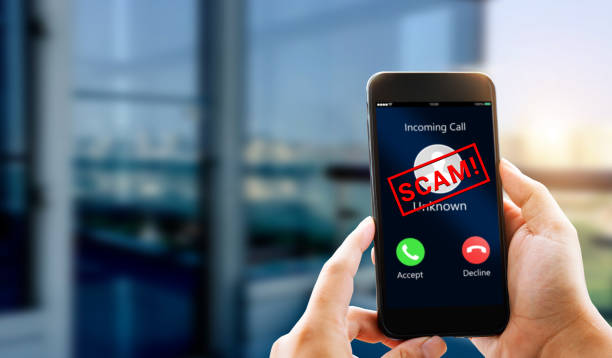Have you received a call from the number 8339061483? If you’re sure, you’re now not by myself. Thousands of people inside the U.S. are getting calls from this suspicious entity. These calls are probably scams. So, it’s important to stay knowledgeable and defend yourself from falling into their enticement. In this newsletter, we’ll break down what’s going on, how to understand a scam call, and what steps you can take to guard yourself.
What is the 8339061483 scam?
The number 8339061483 has been reported by many people across the country. Most say they received robocalls or a person claiming to be from a company or government office. These callers may try to get your personal information, such as your:
- Social Security number
- Bank details
- Credit card number
- Address
Usually, they create fear by saying things like
- “Your account is in danger.”
- “You owe money.”
- “Your identity has been stolen.”
These are lies. The goal is to trick you into giving them what they want—your information or money.
Why do they call you?
Scammers use fake stories to make you act fast. They hope you’ll panic and won’t stop to think.
Here are some reasons they may give:
- You won a prize (but you need to pay a “fee”).
- Your bank account has a problem.
- They need to “verify” your personal details.
- A package needs to be delivered but has the wrong address.
Don’t believe them. Legitimate companies will never ask for private info over the phone like this.
How to Spot a Scam Call

It’s not always easy to tell if a call is fake. But there are signs you can watch for:
1. Urgent or Scary Language
Scammers try to scare you. They say something bad will happen if you don’t act now.
2. Asking for Personal Info
No real company or government office will ask for your personal information over a phone call.
3. Pressure to Pay
If someone demands payment right away, especially through gift cards, wire transfers, or crypto—it’s a scam.
4. Unknown Caller ID
If you don’t know the number, it’s best not to answer.
What to Do If You Get a Call from 8339061483
If you get a call from this number or one like it, here’s what you should do:
1. Don’t Answer
If you don’t understand the variety, permit it to visit voicemail.
2. Don’t Share Personal Info
Never proportion your Social Security quantity, bank information, or passwords over the telephone.
3. Block the Number
Use your phone’s settings or a call-blocking app to block the number.
4. Report the Call
You can report scam calls to:
- FTC (Federal Trade Commission): https://reportfraud.ftc.gov/
- FCC (Federal Communications Commission): https://consumercomplaints.fcc.gov/
How to Stay Safe From Spam and Scam Calls
1. Use Call-Blocking Apps
There are many free and paid apps that can help you detect and block scam numbers.
2. Keep Your Number Private
Don’t post your phone number online unless you must. Be careful who you share it with.
3. Be Skeptical of Unknown Numbers
It’s ok to be careful. Scammers need you to behave rapidly without questioning. Slow down and check the facts.
4. Register Your Number
Add your number to the National Do Not Call Registry:
👉 https://www.donotcall.gov/
It doesn’t stop all spam, but it can reduce the number of unwanted calls.
Real Stories From Real People
“I got a call from 8339061483. The voice said there was a problem with my credit card. I hung up right away and checked with my bank. Everything was fine.” – Megan, Florida
“They told me I was getting sued if I didn’t pay a fee. I asked for their company name, and they hung up. Total scam!” – Jason, Ohio
These scams can sound real. But if something feels off, it probably is.
Read Also: Download Software TGD170.FDM.97 New Release—Latest Version Free & Secure
Final Thoughts
Scam calls like those from 8339061483 are on the upward thrust. But you don’t have to be a sufferer. With the proper expertise and steps, you could stay safe. Always be alert, don’t agree with unknown callers, and share this information with buddies and your own family to shield them too.
FAQs About 8339061483 and Scam Calls
Q1: Is 8339061483 a real number?
Yes, it is an actual quantity; however, it’s miles being utilized by scammers to trick people.
Q2: Can I get in trouble for ignoring the decision?
No, you will not get in a hassle. If it’s a real problem, the enterprise will send you mail or e-mail.
Q3: Why do scammers keep calling me?
Your number may have been shared online or through data leaks. Scammers often try calling random numbers too.
Q4: What if I already gave my info?
Act fast:
- Contact your bank.
- Change your passwords.
- Report identity theft to https://www.identitytheft.gov/.
Q5: How do I report a scam number?
Visit the FTC or FCC websites and fill out the form to report the number.


